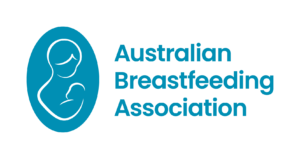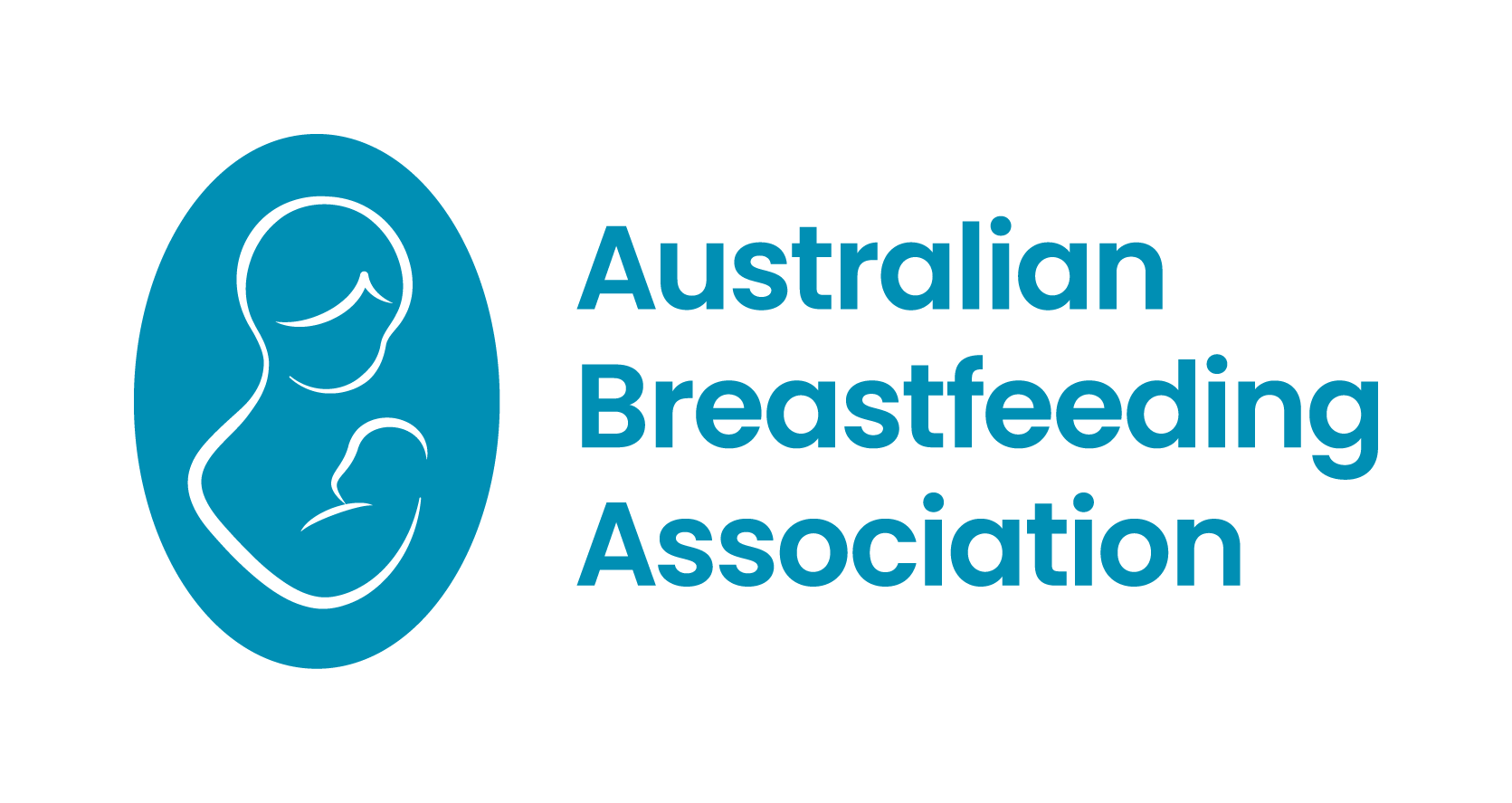2023 Health Professional Seminar Series
Intro to – Strategies to support breastfeeding & maternal caregiving capacity for vulnerable mothers – Karleen Gribble
Many women in Australia find it difficult to provide good enough care to their children. In 2020-2021, 3600 pregnant women interacted with the child protection system because of concerns about their capacity to care for their infant after birth. In this same timeframe, 11 000 infants received child protection services including 1400 who were in foster or kinship care. A multitude of reasons underlie why women may struggle to care for their children and may relate to including related to poor mental health, intellectual disability, domestic violence, substance use, and having experienced maltreatment themselves as a child. State and Territory governments invest large amounts of money into providing support to vulnerable women, in an attempt to enable them to provide adequate care for their children. However, breastfeeding support as an intervention to facilitate maternal caregiving capacity is scarcely considered.
It is the most disadvantaged mothers; the youngest, poorest, and least educated, who are most likely to cease breastfeeding early or to not breastfeed at all. These women are also at higher risk than more advantaged women of experiencing adversity that compromises their mothering. They have the most to benefit from the support for maternal caregiving that breastfeeding provides. Through a multitude of mechanisms, breastfeeding supports women in providing responsive care to their infants and interventions that support breastfeeding also support maternal caregiving capacity. There is nothing to be lost by supporting vulnerable women to breastfeed and much to be gained. The support provided to women in pregnancy and in the minutes, hours, days and weeks after birth can set women on a trajectory for good quality long-term relationships with their children. Understanding how and why breastfeeding is important to maternal caregiving capacity, and what interventions facilitators facilitate breastfeeding, will assist health professionals and child protection workers to provide effective support to new mothers who need breastfeeding the most.







